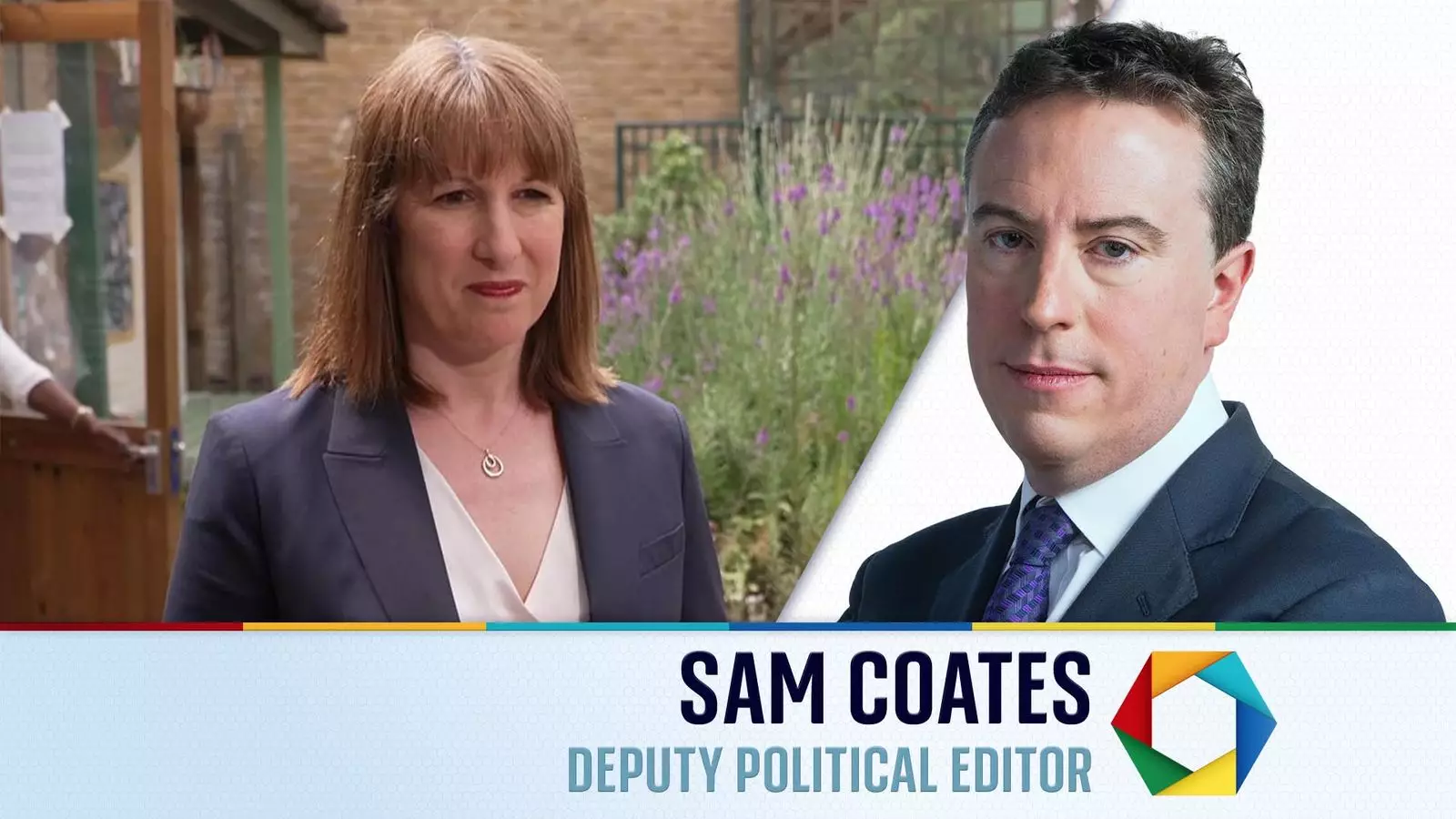The recent shift in policy regarding the winter fuel payment has sparked heated debates within the political landscape of the UK. Rachel Reeves’ abrupt U-turn on this essential issue exemplifies a broader concern about fiscal responsibility in a time of dire economic uncertainty. Ironically dubbed the “iron chancellor,” Reeves has made a move that raises significant questions—not only about the viability of the plan but about its underlying rationale and potential political fallout. Critics dissect this maneuver with gleeful abandon, reminding the public that the financial implications remain dubious at best. Speculation surrounding impending tax increases looms large, casting a cloud over any fleeting public approval.
Flawed Assumptions and Economic Reality
Perhaps one of the more contentious aspects of this decision is the justification that improved economic conditions warrant such a change. This assertion, at least in the eyes of many economists, appears to be a flawed simplification. The Office for Budget Responsibility (OBR), along with the OECD, has tempered growth forecasts, leaving little room for optimism among the constituencies hardest hit by economic struggles. Arguing that interest rates are set to decline belies the reality that those same rates are trickling down at a sluggish pace, a direct result of recent governmental missteps. While Reeves and her team may paint a rosy picture, the brushstrokes are overly optimistic and tethered to shaky justifications.
Subsequent Implications: Setting a Dangerous Precedent
The most pressing questions follow closely: where does the government go from here? Policy discussions around personal independent payments and the notorious two-child benefit cap loom large. For many, these issues are not just future points of discussion; they are critical pivots that could redefine trust in Labour’s fiscal integrity. If the government retreats further, will it be seen as a capitulation that stirs the ire of the financial markets? It’s a precarious balancing act, and any hint of weakness may provoke a knee-jerk reaction detrimental to the party’s standing.
Fractures within the Party
Even more troubling is the schism within the Parliamentary Labour Party which this decision has highlighted. Infighting between the more pragmatic members and the increasingly vocal soft-left faction threatens to undermine the party’s coherence. While some factions push for broader spending to address mounting societal issues, others fear the backlash from constituents who prioritize fiscal conservatism. This internal discord could spell disaster, jeopardizing Labour’s appeal not only to the base but to the broader electorate who yearn for stability in governance.
The Tension Between Leadership Figures
Furthermore, the growing rift between the Prime Minister’s Office and the Chancellor’s role is an ominous sign of political dysfunction. As the Prime Minister becomes increasingly wary of relying solely on the Chancellor’s advice regarding market responses, it raises fears of deeper fractures within leadership that could impede decisive action in times of crisis. The criticisms aimed at Reeves suggest a perception that she faltered first, which may foster an environment of distrust and hesitation in future policy implementations.
The ultimate goal behind this controversial U-turn seems predicated on appeasing disgruntled voters, particularly pensioners, in hopes of rekindling their support. However, the gamble may prove costly, left to the whims of market reactions and internal party dynamics. With so much at stake, it begs the question: have we traded one political crisis for another?

Leave a Reply